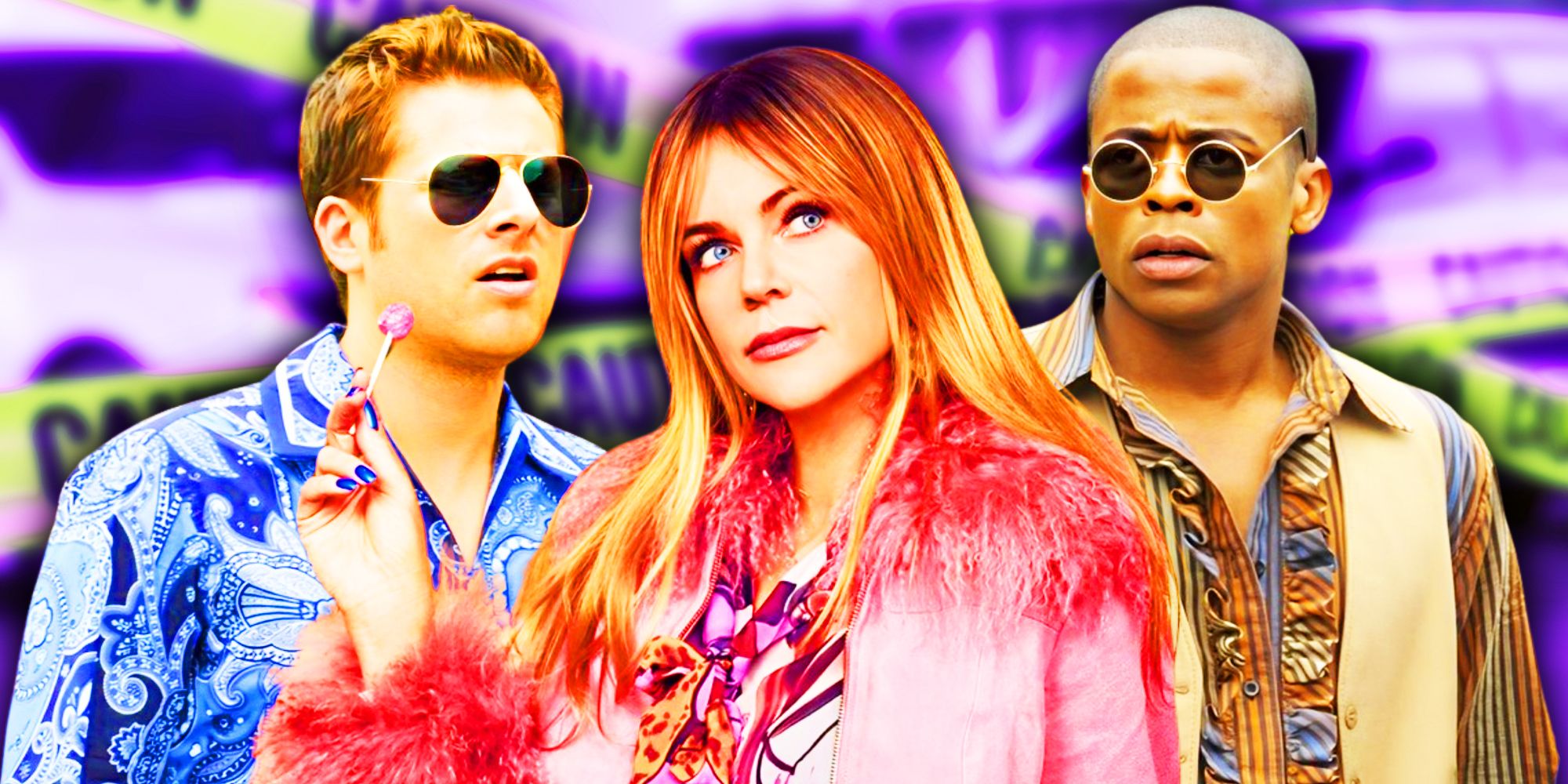Rethinking Stephen King: 4 Unexpected Randall Flagg Theories

Table of Contents
Randall Flagg as a Supernatural Entity
The enduring fascination with Randall Flagg often leads to theories that posit him as something more than merely human. His seemingly supernatural abilities and longevity beg the question: is he truly a mortal man, or something far more sinister?
The Demonic Origins Theory
This theory suggests Randall Flagg is a genuine demonic entity, perhaps connected to the broader supernatural forces at play in Stephen King's Dark Tower series.
- Evidence from The Stand: Flagg's role as the dark counterpart to Mother Abagail, a clear representation of good, suggests a cosmic struggle between opposing forces. His manipulation of events and influence over his followers suggest powers far beyond those of a mere human.
- Connections to The Eyes of the Dragon and Wizard and Glass: Some argue Flagg's appearances in these books hint at a much older, more powerful entity existing across different timelines and realities. His influence seems almost timeless.
- Flagg's Immortality (or near-immortality): His repeated appearances throughout King's work, always returning from supposed death, point toward an almost supernatural resilience and longevity. His ability to seemingly shape-shift adds to this mystery.
The Extra-Dimensional Being Theory
An alternative supernatural theory posits Randall Flagg as an extra-dimensional being, originating from outside our reality, perhaps even connected to the multiverse depicted in the Dark Tower series.
- Dark Tower Connections: The Dark Tower series' exploration of multiple realities and dimensions offers a perfect framework for Flagg's seemingly impossible feats. He could be a being that transcends our physical laws.
- Unexplained Powers: Flagg demonstrates abilities that defy explanation, from manipulating weather patterns to influencing human behavior on a grand scale. These actions seem consistent with a being unbound by conventional laws.
- Unpredictable Nature: Flagg's motivations are often opaque, and his actions defy logic. This unpredictability could stem from a being operating under a completely different set of rules.
Randall Flagg as a Symbol of Chaos and Destruction
Beyond the supernatural, Randall Flagg's enduring power lies in his symbolic representation of chaos and destruction. He isn't just a villain; he's an embodiment of societal failings.
Flagg as Pure Chaos Incarnate
This interpretation views Flagg as the personification of societal chaos, mirroring and amplifying the destructive tendencies inherent within humanity.
- Amplifying Societal Tensions: In The Stand, Flagg exploits existing societal fractures, exacerbating fear and paranoia to build his following. He acts as a catalyst for pre-existing problems.
- Themes of Societal Collapse: Flagg's presence often foreshadows or actively contributes to societal breakdown, reflecting King's recurring themes of human fallibility and the fragility of civilization. He’s a reflection of our own capacity for self-destruction.
Flagg as a Mirror to Humanity’s Darker Impulses
Another compelling theory is that Flagg acts as a mirror, reflecting humanity's capacity for cruelty, greed, and self-destruction.
- Reflection of Human Choice: Flagg often thrives because of the choices people make. His influence depends on the willingness of others to embrace their darker sides.
- Specific Examples: Examining Flagg's actions in various novels reveals how he manipulates and exploits the weaknesses of those around him. He is a product of, and a catalyst for, human failings.
Randall Flagg as a Recurring Archetype
The consistent recurrence of Flagg across King's novels suggests he transcends a simple villain archetype. He's a narrative device, perhaps even a force of nature.
The Devil's Advocate/Anti-Hero Theory
While undeniably evil, Flagg presents a pragmatic, albeit cruel, perspective. He often forces characters to confront uncomfortable truths about themselves and the world.
- Uncomfortable Truths: Flagg's actions, though villainous, sometimes highlight hypocrisy or moral ambiguities within King’s narratives. He forces characters to question their own beliefs.
- Manipulative Tactics: Flagg's mastery of manipulation isn't simply for power; it's a tool to disrupt the status quo and expose societal flaws.
The Trickster God Theory
This interpretation casts Flagg as a type of trickster god, a chaotic force driving narrative progress in King's universe.
- Constant Reappearance: Flagg's recurring appearances across different novels and timelines suggest a purpose beyond simple villainy. He's a persistent force impacting events.
- Mythological Parallels: This theory draws parallels between Flagg's unpredictable actions and the nature of trickster gods in various mythologies, such as Loki or Anansi. He sows chaos, but also spurs growth and change.
Randall Flagg's Ultimately Unknown Nature
Perhaps the most intriguing theory surrounding Randall Flagg is the deliberate ambiguity surrounding his true nature.
The Deliberate Ambiguity Theory
It's possible King intentionally left Flagg's true nature unclear, fostering continuous discussion and interpretation.
- King's Statements: Analyzing King's comments on Flagg reveals a reluctance to definitively define the character. The ambiguity is arguably intentional.
- Benefits of Ambiguity: The lack of a clear explanation enhances Flagg’s mystique, making him a truly unforgettable antagonist. The mystery keeps him alive in the minds of readers.
Flagg as a Blank Canvas
Flagg's undefined nature allows readers to project their own fears and anxieties onto the character. He becomes a reflection of our collective darkness.
- Reader Interpretation: Different readers interpret Flagg differently, reflecting their personal beliefs and worldviews. He is whatever we fear most.
- Jungian Psychology: This concept aligns with the Jungian concept of the "shadow self," the darker, unconscious aspects of the human psyche. Flagg embodies those hidden fears.
Conclusion: Rethinking Stephen King and the Enduring Mystery of Randall Flagg
This exploration of four unexpected Randall Flagg theories highlights the character's multifaceted nature. From supernatural entities to symbolic representations of chaos, and even narrative archetypes, Flagg continues to captivate and challenge readers. His enigmatic nature remains a source of ongoing debate, pushing the boundaries of horror and imagination. What are your theories on Randall Flagg? Share your thoughts below! Let's spark a Randall Flagg theories discussion.

Featured Posts
-
 Barys San Jyrman Hl Yktb Altarykh Fy Dwry Abtal Awrwba
May 09, 2025
Barys San Jyrman Hl Yktb Altarykh Fy Dwry Abtal Awrwba
May 09, 2025 -
 High Potential David A Theory Exposing Morgans Weakness
May 09, 2025
High Potential David A Theory Exposing Morgans Weakness
May 09, 2025 -
 Analiza E Formacionit Si Psg Mbizoteron Gjysmefinalet E Liges Se Kampioneve
May 09, 2025
Analiza E Formacionit Si Psg Mbizoteron Gjysmefinalet E Liges Se Kampioneve
May 09, 2025 -
 Scaling Tech And Innovation Edmonton Unlimiteds New Global Strategy
May 09, 2025
Scaling Tech And Innovation Edmonton Unlimiteds New Global Strategy
May 09, 2025 -
 Elizabeth Hurleys Bikini Looks A Maldives Vacation Diary
May 09, 2025
Elizabeth Hurleys Bikini Looks A Maldives Vacation Diary
May 09, 2025
